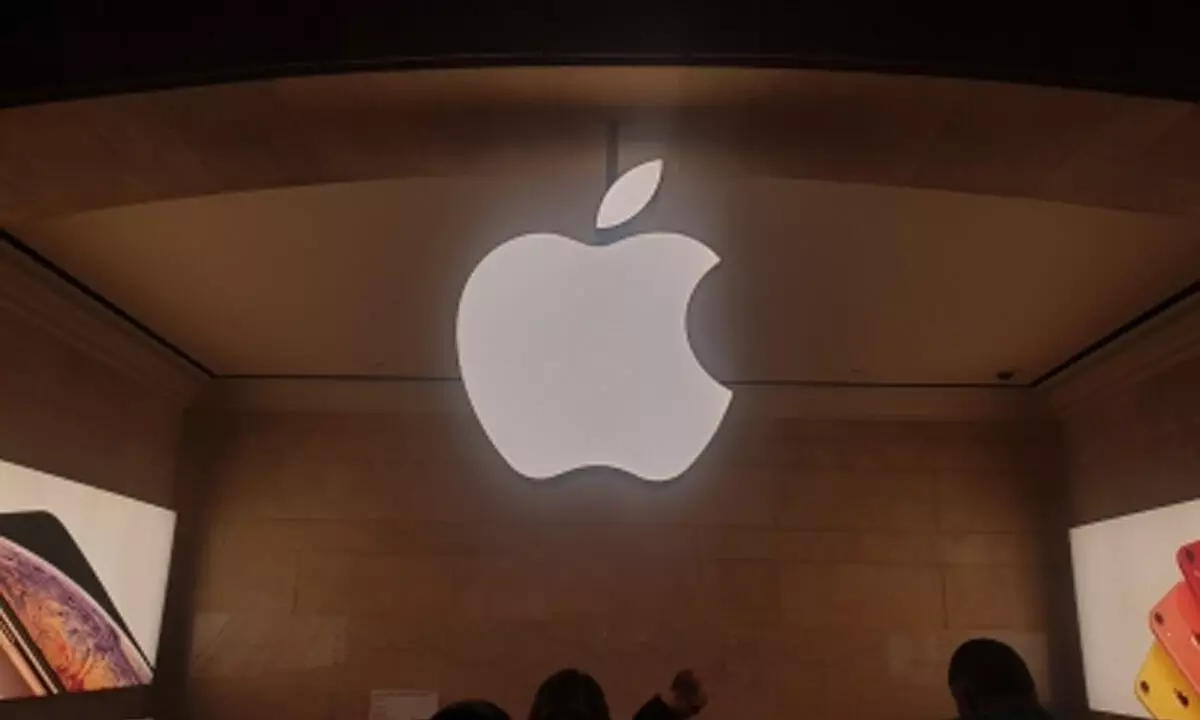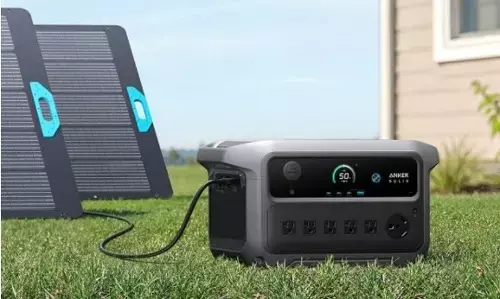Apple plans to produce its own displays

Apple
Apple has slowly moved away from third-party brands to create in-house hardware for its products. The most recent was his transition from Intel to creating custom ARM-based chips for the Mac.
Apple reportedly plans to produce its own displays to reduce its reliance on third-party suppliers like China-based Samsung, LG, and BOE. According to Bloomberg, Apple will start changing the display on Apple Watches late next year and eventually move to larger devices like iPhones. Apple plans to produce a microLED display instead of the OLED panels featured on the iPhone 12 and above.
As mentioned, the move will be a huge blow to vendors like Samsung and LG, the two main suppliers of Apple Watch screens. Apple may use its first in-house display in the next-generation Apple Watch Ultra, though this is just speculation. The new report also notes that Apple struggled with the display project due to "high costs and technical challenges."
The report also notes, "Though Apple has designed the new displays and devised their manufacturing process, it will likely rely on an outside supplier to handle mass production. The company operates a 62,000-square-foot facility in Santa Clara, California — about 15 minutes away from its Apple Park headquarters — where it conducts test manufacturing of the screens. It has a similar research and development campus in Taiwan."
This isn't the first time Apple has been reported to want to move away from third-party vendors and create in-house displays for various devices. The same publication reported on the development of Apple's displays in 2018. Wei Chen, who heads Apple's display technology group within Johny Srouji's Hardware Technologies division, is reportedly overseeing the project.
Apple may use a custom microLED display for its upcoming mixed-reality headset, which is scheduled to launch later this year. Interestingly, Apple has long been rumoured to add OLED displays to iPads and Macs, which means Apple will continue its partnership with third-party vendors for at least two more years.









